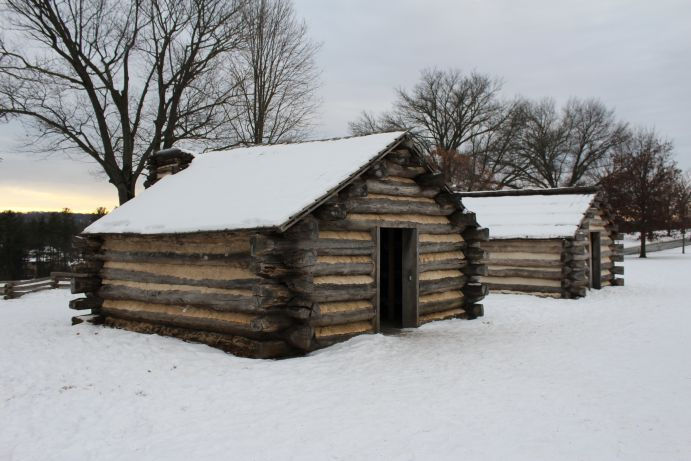Lab Culture: Inside an Agricultural Research Lab Group
- Anneliese Abbott

- Apr 4, 2024
- 3 min read

Note: Everything in this post is true, but I have omitted the name of the professor and the research institution to protect everyone involved. I do not have a degree from this university.
It was a bit of a letdown. Getting into grad school had been a long, hard, stressful process. First I had to take the GRE, an expensive and intense 4-hour exam, at the university’s testing center. Then I had to fill out an incredibly long online application for the graduate program. Hardest of all, I then had to find an advisor who had funding to take me on as a grad student. It hadn’t been until the last minute—April 1—that his grant got funded and I finally got my offer to start grad school. Then I had to hurriedly find an apartment, pack up, and move all my stuff to a new city.
After all that, here I was, finally at my first day of work. And what was I doing? I was crouched down on the ground, pulling up weeds by hand out of a seemingly endless piece of landscape cloth. At least I had thought to bring gloves. But I had been pulling weeds ever since I was two years old! I had thought that graduate-level work, even in the field, would be a bit more skilled. Well, maybe this wasn’t typical. It was early in the season, after all.
After five hours of weeding, we hadn’t even quite finished, but the lab technician asked us to leave the area. “I’m going to spray herbicide in here,” she said. What?! If she was going to use herbicide anyways, why in the world were we pulling weeds by hand? With the sinking feeling that I had just spent the entire morning doing something totally unnecessary, I left the area and tried not to be too depressed.
My rosy dreams that grad school would be intellectually stimulating quickly evaporated. Day after day, I rode my bike over to the lab building in the morning, climbed in a minivan with six other undergrad and grad students, drove for an hour to get to the research station, spent six hours doing seemingly unnecessary work in the most inefficient way possible, drove an hour back to the university, biked back to my apartment, made dinner, collapsed on my bed, and woke up the next morning to start it all over again.
One of the highlights—or should I say lowlights?—was the day we were supposed to plant a new orchard of fruit trees. Nobody knew how to do it. We spent the whole morning digging holes and planting trees. Then the professor stopped by at lunchtime and said the rows were too crooked. So we spent the whole afternoon digging all the trees back up.
When you go through a frustrating experience like that with a group of people, one of two things happens. Either you bond with each other, commiserate, and become best friends—or you take out your frustration on each other. Unfortunately, the latter was what happened in this particular lab group. A seemingly trivial argument over what music to listen to in the van for our two hours of daily driving stirred up an incredible amount of anger and resentment.
The worst part of all was that we were supposed to be scientists! Those trees we were haphazardly planting were part of a research project, funded by some grant. Someone would be coming along in a few years to do data analysis on them. My vision of scientists as white-coated, calm, objective, dispassionate people received another blow. Certainly there was no talk about how our work was contributing to the greater good or the advance of knowledge. For everyone else in the lab, this was just a summer job—and a pretty rotten one at that. It was certainly the worst work environment I’d ever been in. But I tried to stick it out, in hopes that when classes started in the fall I’d get into the “real science” of grad school.



Comments